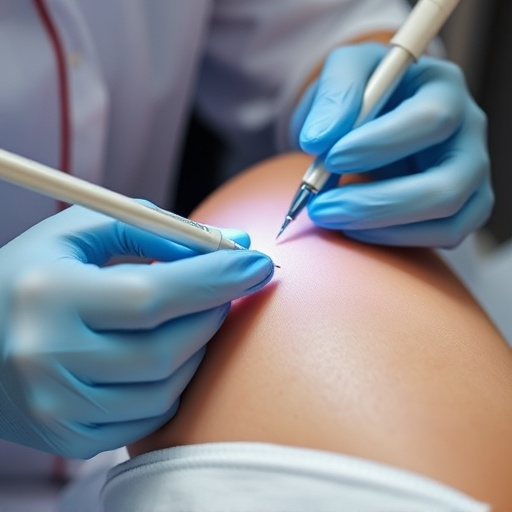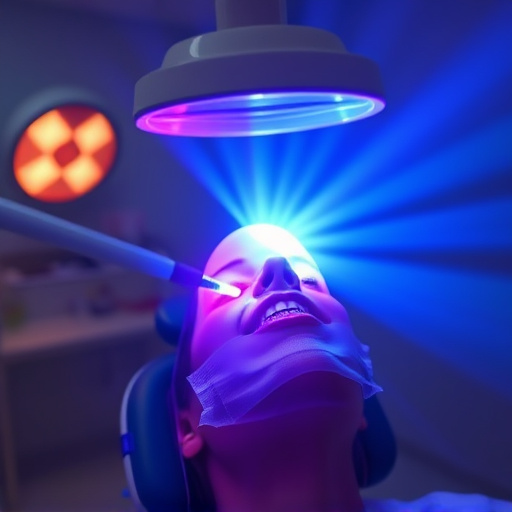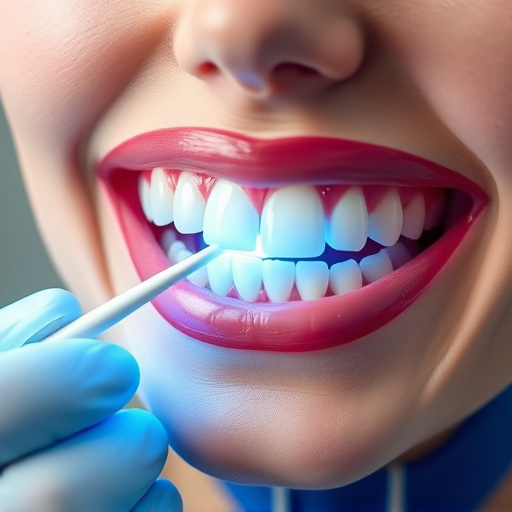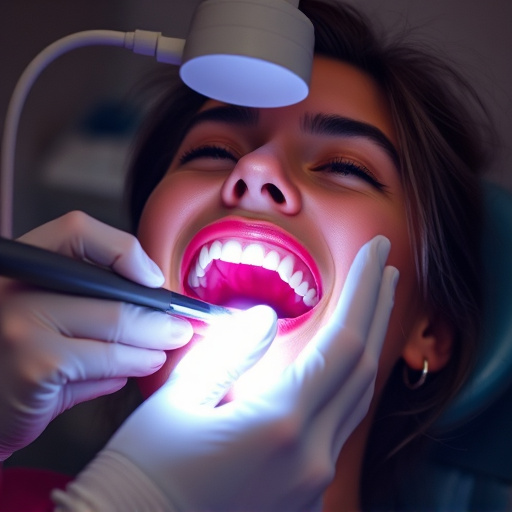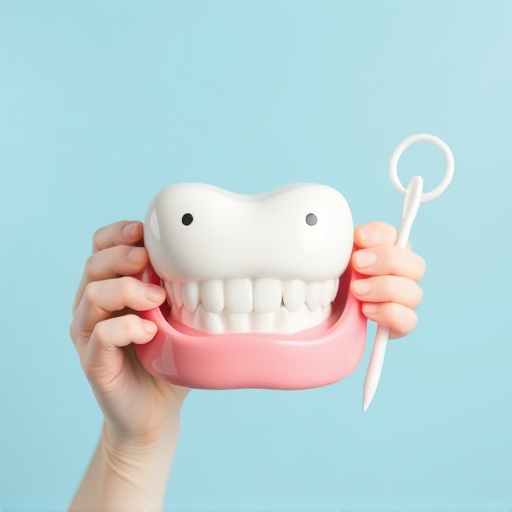Emerging between 17-25 years old, wisdom teeth can cause jaw and gum issues if impacted or crowded. Regular dental check-ups detect problems early, allowing for proactive treatments like fillings or removal to prevent infections and misalignment. Proactive removal under dentist guidance offers substantial benefits for long-term oral health, avoiding costly future procedures. Aftercare involves salt water rinses, avoiding irritants, pain relievers, and regular check-ins for healing within a week.
Considering wisdom teeth removal? It’s a crucial step to prevent future jaw and gum issues. This procedure, known as third molar extraction, is common yet often overlooked. In this article, we’ll guide you through understanding wisdom teeth, their potential complications, and the benefits of preventative removal. We’ll also navigate the procedure and recovery process, offering insights to help ease concerns. Learn why wisdom teeth removal could be a game-changer for your oral health.
- Understanding Wisdom Teeth and Potential Issues
- The Benefits of Preventative Removal
- Navigating the Procedure and Recovery Process
Understanding Wisdom Teeth and Potential Issues
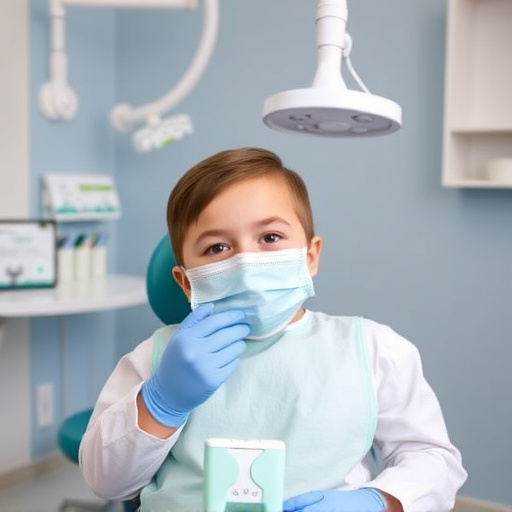
Wisdom teeth, also known as third molars, are the last set of teeth to emerge, often appearing between the ages of 17 and 25. While some individuals may never develop wisdom teeth or experience no issues with them, for many others, these teeth can cause problems within the jaw and gum areas. Impacted wisdom teeth, where they fail to fully erupt, can lead to infections, pain, and damage to neighboring teeth and gums. Overcrowding is another common issue, as wisdom teeth can crowd out existing teeth, causing misalignment and potential tooth repair needs later on.
Regular dental check-ups and routine oral exams are crucial in identifying any potential problems early on. Your dentist can monitor the position of your wisdom teeth and recommend whether removal is necessary to prevent future complications. In some cases, simple dental fillings may be sufficient to address minor issues, but for impacted or problematic wisdom teeth, removal is often the best course of action to maintain optimal oral health.
The Benefits of Preventative Removal

The benefits of preventative wisdom teeth removal are significant when considering long-term oral health. Many general dentistry practices now advocate for proactive measures due to the potential impact of undiagnosed or untreated impacted wisdom teeth. These teeth, often unable to erupt fully or correctly, can cause a range of issues such as jaw pain, gum infections, and even damage to neighboring teeth. By removing them before any complications arise, individuals can avoid costly and invasive procedures in the future.
Regular dental cleanings play a crucial role in maintaining optimal oral health, especially after wisdom tooth removal. Comprehensive dental care includes monitoring the mouth for any signs of trouble and addressing concerns promptly. Preventative measures not only save time and money but also ensure a healthy smile for years to come, freeing patients from the burden of frequent dental issues related to wisdom teeth.
Navigating the Procedure and Recovery Process

Navigating the procedure and recovery process for wisdom teeth removal is an important step in maintaining optimal oral health. During the appointment, your dentist will carefully examine your jaws and gums to determine the best course of action. If the wisdom teeth are fully erupted and causing no issues, they may advise waiting to see if any problems arise. However, if there is evidence of impaction, infection, or potential damage to adjacent teeth or gums, removal is often recommended. The procedure itself is typically quick, with local anesthesia used to ensure patient comfort.
After the wisdom teeth are removed, it’s crucial to follow the dentist’s aftercare instructions closely. This includes keeping the extraction sites clean by gently rinsing with salt water several times a day and avoiding spicy or crunchy foods that could irritate the wounds. Over-the-counter pain relievers can help manage any discomfort during the recovery period, which usually lasts about a week. Regular check-ins with your general dentistry provider will ensure proper healing and address any concerns promptly, contributing to a successful teeth cleaning and potential tooth repair if necessary.
Wisdom teeth removal, while it may seem daunting, is a proactive step towards maintaining optimal oral health. By addressing these teeth before they cause discomfort or complex jaw and gum issues, individuals can avoid potential complications and ensure a healthier smile in the long term. With proper care during the procedure and recovery, patients can experience a significant improvement in their overall oral well-being, making it a valuable consideration for anyone facing wisdom tooth concerns.
